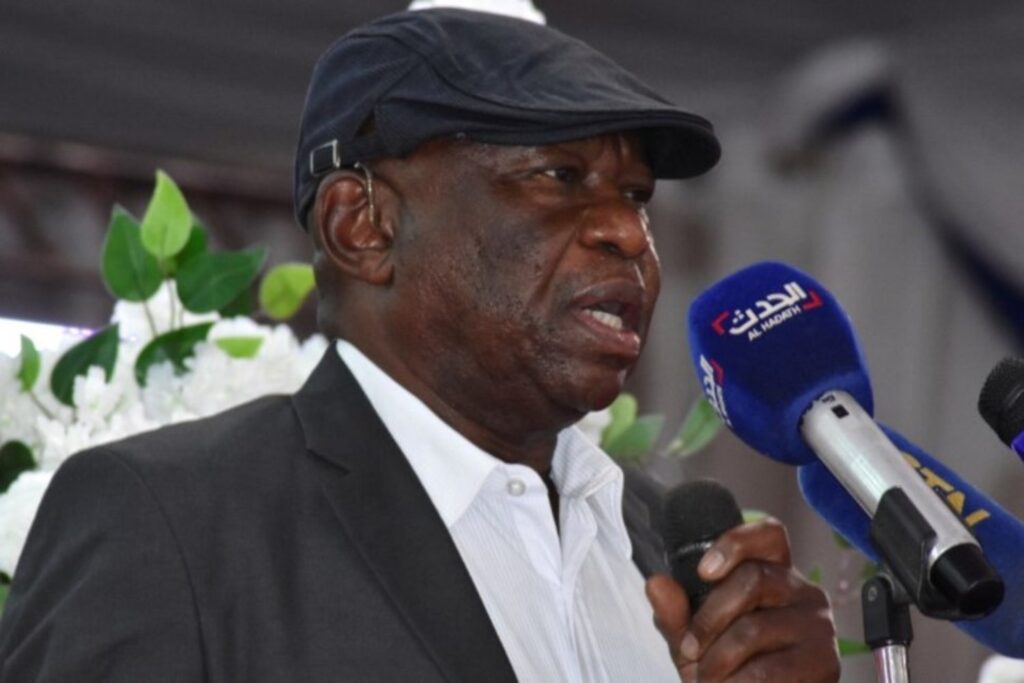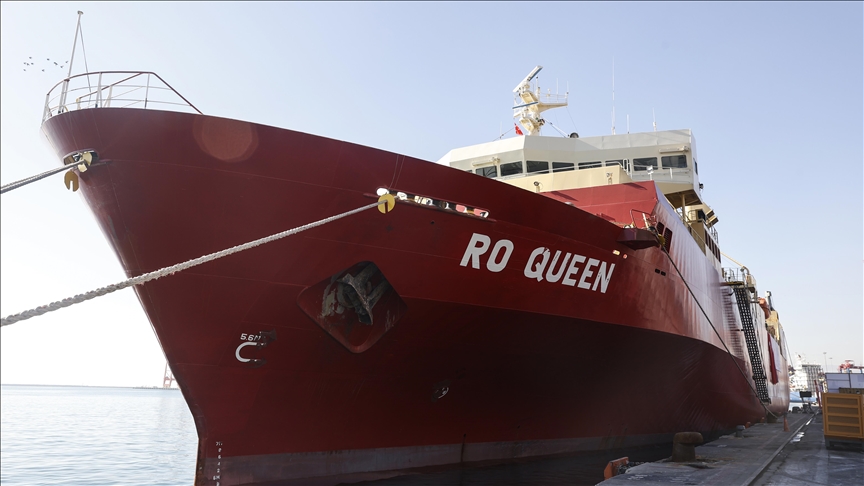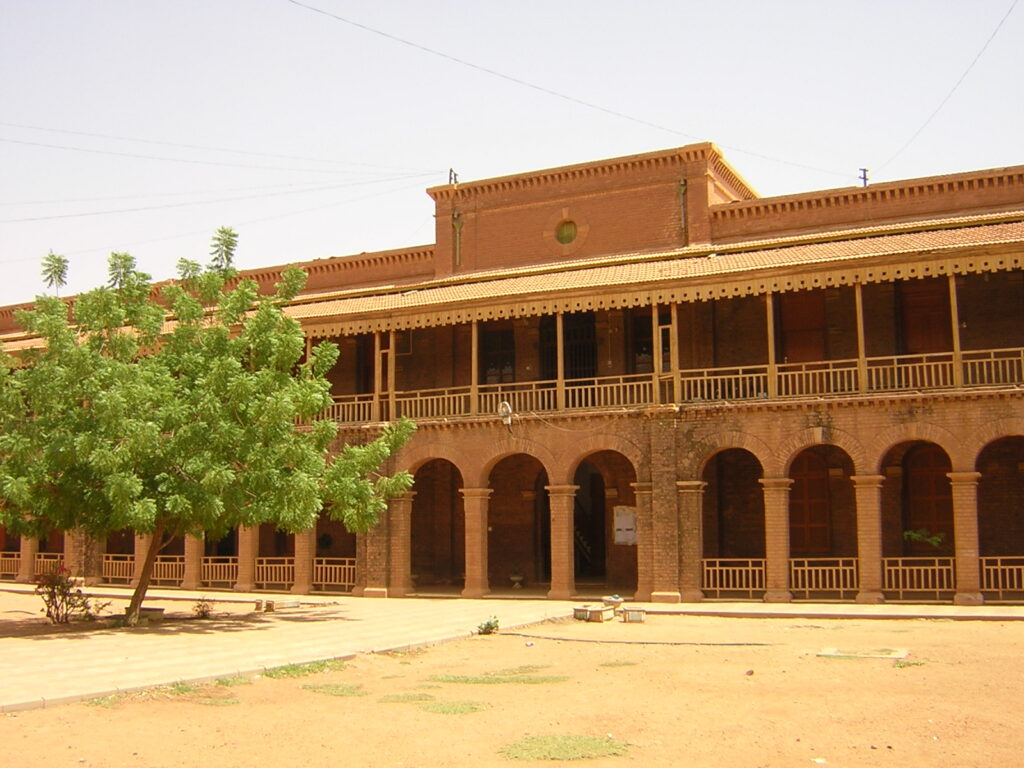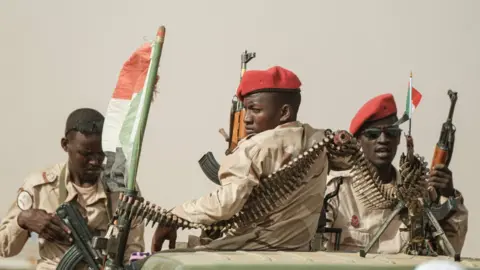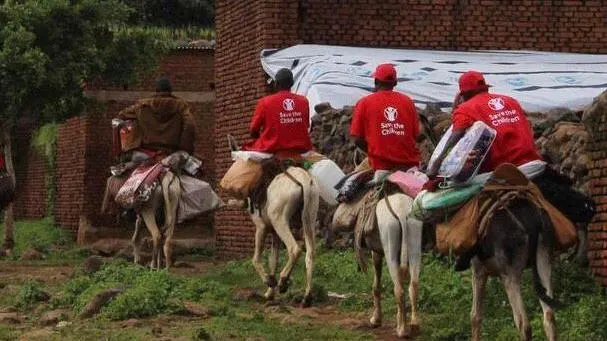
Aid groups have reached the village of Tarsin in Sudan’s Mount Marra to carry out a joint assessment of the fatal landslide which has killed hundreds of people.
Civil administration in areas controlled by the Sudan Liberation Movement (SLM/AW) said nearly 1,000 people were killed in Sunday’s slide in Tarsin.
Adam Rijal, spokesman for the General Coordination of Darfur IDP and Refugee Camps, told Sudan Tribune that an emergency team from a child-welfare NGO arrived in Tarsin after an arduous eight-hour trek on pack animals through rough terrain. He said the coordination body is awaiting a joint agency assessment from the site to establish an accurate toll.
The UN Office for the Coordination of Humanitarian Affairs said teams comprising roughly a dozen local and international NGOs and UN agencies traveled to Tarsin to verify the number of people affected, assess urgent needs, and organize a response.
Rijal criticized the Port Sudan junta-controlled administration’s two-fatality figure, saying the administration has no presence on the ground and its numbers cannot be relied upon. He added that heavy rains have triggered flash floods across the area; three children were reported dead the day before yesterday in Sabanga displacement camp in Turra locality, north of Mount Marra, with their bodies later recovered.
SLM spokesman Mohammed al-Nayer called the Port Sudan SAF-junta’s response to the Tarsin disaster “a moral and ethical decline” and the politicization of a humanitarian catastrophe.
Separately, Mujib al-Rahman al-Zubair, a senior official in the SLM-controlled civil authority, said about 370 bodies had been recovered. Images from Tarsin showed condolence gatherings for the dead.
Nyala-based TASIS government response
The Nyala-based TASIS government said it has ordered an integrated relief convoy to Tarsin and formed a joint committee to coordinate with UN agencies and NGOs, pledging to keep humanitarian corridors open from Nyala toward Turra–Sabanga–Tarsin.
Prime Minister Mohamed Hassan al-Ta’aishi said authorities have directed the dispatch of food, medicines, safe drinking water, tents and shelter materials, and asked partners to route assistance through a Nyala operations room to “avoid duplication and speed delivery.” In a statement, he added: “We have instructed a joint committee to work with UN and national organizations to overcome access challenges and ensure assistance reaches those affected as quickly as possible.”
The government said it is liaising with local actors, including SLM representatives, to facilitate access and security escorts where needed, and called on international agencies to scale up search-and-rescue capacity and provide hazard mapping support. TASIS officials also stressed that casualty figures should be established by the joint assessment: “We will defer to the OCHA-led verification and refrain from publishing numbers until that process is complete,” the statement said.

